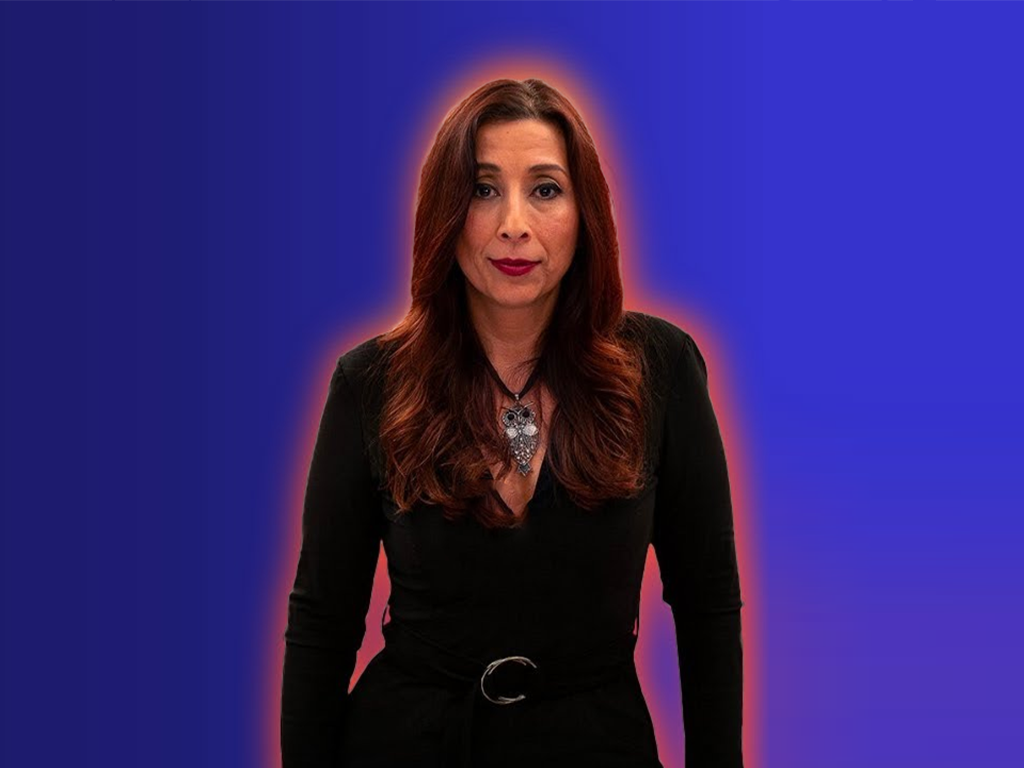You might know Amanda Reyes from her wonderful podcast, "Made for TV Mayhem" or her 2017 book, "Are You In The House Alone?: A TV Movie Compendium 1964-1999." She exudes an infectious passion for her work, making me once again jealous that some people have jobs they actually enjoy!
I was lucky enough to speak with her on the phone before her talk on horror and the made for TV movie at this year's Final Girls Berlin Film Festival (FGBFF). The interview is on the longer side, so I'm going to cut the bullshit and get right to it.
Interview with Amanda Reyes
Woman in Revolt: I'm excited to talk to you because I just recently got into your podcast, Made for TV Mayhem, and then realized that I also knew your work from "Yuletide Terror" (2017). Now that your name is on my radar, you keep popping up everywhere, like on the speaker list at FGBFF. It makes me feel like this conversation was meant to happen. I should mention that I found the podcast while looking for a Tori Spelling interview.
Amanda Reyes: Actually, a lot of people find me because of that.
Oh, really?
Because of "Death of a Cheerleader" (Graham, 1994), which I'm going to discuss briefly in Berlin. It actually just played here [in Austin] at the Alamo.
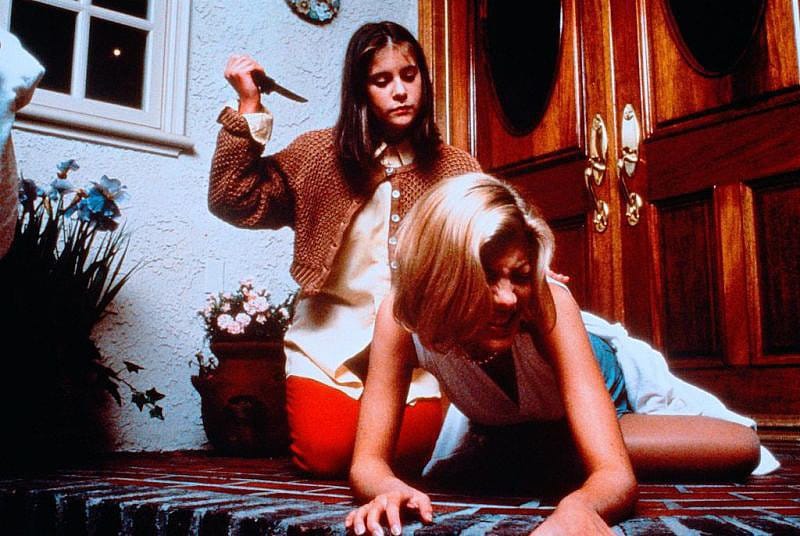
Tori Spelling for the win! I would love to hear more about your FGBFF talk since I will unfortunately not be there to hear it.
The TV movie kind of came to be a thing in 1964. There were just a few TV movies until 1969 when the ABC "Movie of the Week" made it a regular thing by airing an original made for TV movie during the television season. There were like 200 movies by the end of it.
I do an overview of the beginning, then go all the way to 1999, at which point there were approximately 5,000 TV movies. I typically do a more general overview when I give talks, but FGBFF had approached me about doing something kind of similar with a concentration on women.
Women of the TV movie is actually a really important topic. The most sought-after TV demographic is women aged eighteen to forty-nine. Television in general tries to placate those viewers. The TV movie actively targeted female viewers by making movies that had topics important to them. Second wave feminism is a thread that comes through in so many of those movies, especially in the '70s. In the presentation that I'm giving, I get to talk a lot about the coded language in TV movies, along with actresses and the way they spoke to a female spectatorship. These movies were different than theatrical releases because they were actually made for women. Lifetime kind of stole that concept later and executed it in a more overt way.
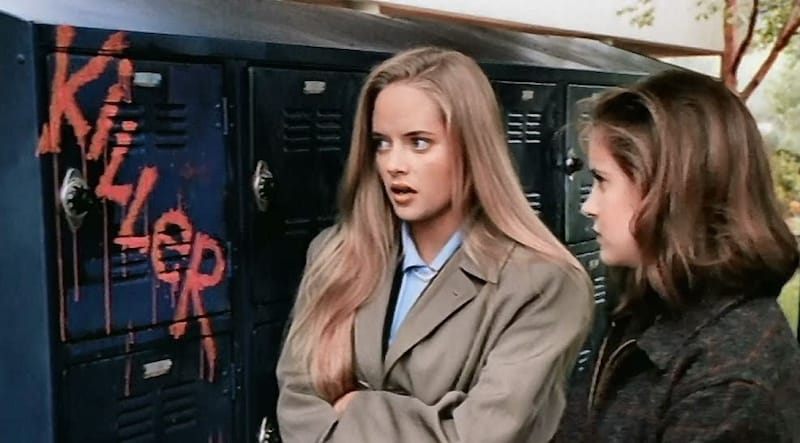
I feel you're opening doors for me because the made for TV movie genre is something I've only started dabbling in through your book and podcast. It's interesting that there's such a focus on female audiences outside of Lifetime. Can you tell me about some of the women who were involved, either behind the scenes or in front of the camera?
There's a handful of women in prison movies made for TV in the '70s that I find interesting. They're mostly reformatories like in "Born Innocent" (Wrye, 1974), but there are also prison pictures. With the exception of Born Innocent, these movies were all written by women. They do something different than the theatrical women in prison movies, which is something I discuss deeper in my lectures.
One of the things I had to omit for time [for FGBFF] is that these movies were a great place for actresses to escape stereotypes. For instance, there's Elizabeth Montgomery, who we know best from "Bewitched." She played Samantha, the good witch. By the '70s, she didn't want people to just see her as Samantha. She did movies like "The Legend of Lizzie Borden" (Wendkos, 1975) and "A Case of Rape" (Sagal, 1974), which was a watershed moment in television because it was the first and most important film about being a survivor of a sexual assault and how the system treats you afterwards. It changed the landscape of how we look at survivors. Montgomery mostly did dramas and genre films up until the end of her career. She used the TV movie to really get people to look at her differently.
A lot of actors and actresses took this approach. Barbara Eden, who I think is kind of underrated, did it in a really great way. Everybody kind of recognizes Montgomery because of "The Legend of Lizzie Borden." While Barbara Eden had some classics like "The Stranger Within" (Philips, 1971), I don't think her talent is as recognized because she did a lot of genres – comedy, horror, drama. She's really adept at it all. Robert Reed is an actor who did something similar. He was my favorite of those people, known to so many of us as Mr. Brady.
Another good example is someone like Valerie Harper, aka Rhoda [from "The Mary Tyler Moore Show"]. Her TV movies really ran the gamut of drama and comedy. She did a slasher movie called "People Across the Lake" (Seidelman, 1988). She did "Night Terror" (Swackhamer, 1977), which is one of the best TV movies I've ever seen. She was able to distinguish herself as someone separate from Rhoda. Of course, she also plays the mom in "Death of a Cheerleader," which is a pretty serious role. The made for TV movie is a really great venue for women.
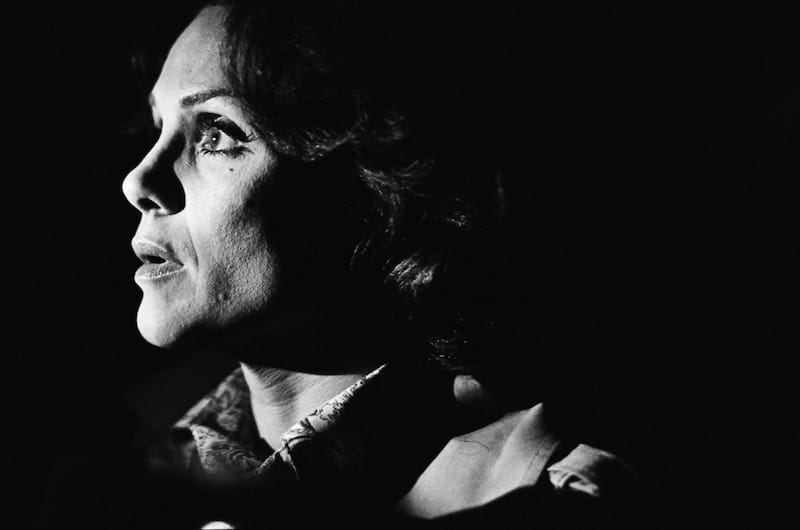
Let's say you're a working actress in the '70s with some big screen credits to your name. If you follow those up with a made for TV movie, is there any kind of stigma? Was it seen as a career step back or an irrelevant blip? What was the prevailing opinion at the time?
I think people saw it as sort of a lower tiered thing because made for TV movies had several restrictions. You couldn't have nudity, cursing, or a lot of violence. TV movies as a whole have always been sort of maligned because of this, combined with the fact that they tended to handle domestic issues. While a lot of actors got great roles in them, it didn't necessarily lead to other things.
Andy Griffith did a lot of TV movies that allowed him to walk away from being Andy Taylor on "The Andy Griffith Show." In "Savages" (Katzin, 1974), he tries to murder this guy over a series of days by abandoning him in the desert and then watching him slowly die. It's a great movie.
Oh, shit. I'm adding that one to my list.
It's really amazing. Later on, when he gets on "Matlock," it's not like people referenced his work in "Savages." The reference point for him was always the Andy Taylor stuff. There were definitely movies that people saw as inconsequential. At the time, I think the networks felt similarly because many of these movies only aired once. It wasn't like they played at the theater for a couple of weeks. It was like, this is your one night to watch it. If you don't watch it, you miss it forever. If you love it, you're probably not going to see it again. Years later, you probably won't remember it very well.
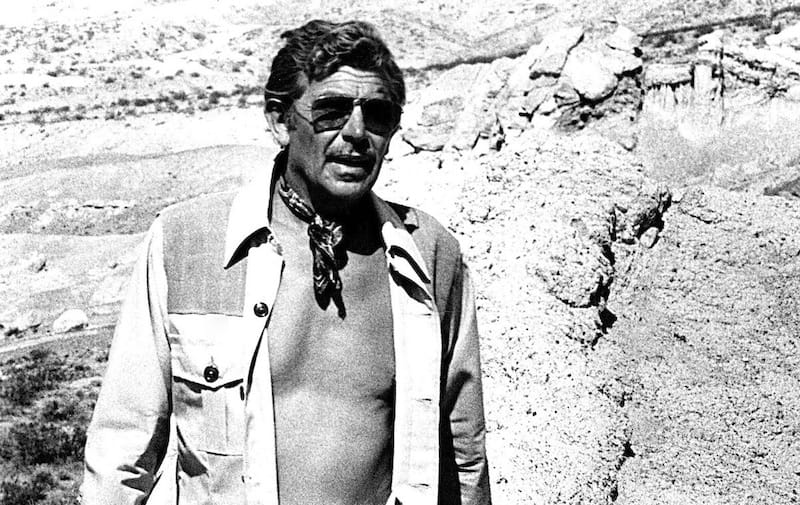
I think the networks even thought it was... I don't want to say trash. I don't think they thought it was trash, but I think they thought it was more throw away than a lot of their other productions. There wasn't a lot of money involved in it at the beginning. Most TV movies in the early days were made for about $250,000 or less, which is on par with the B-movie world that it was sort of rivaled with.
TV movies aren't perfect because they're made quickly and efficiently. For instance, "Crowhaven Farm" (Grauman, 1970) is a really good, very popular TV movie. I think it was produced in August and aired in October. There's no time to make everything nuanced. "Don't Be Afraid of The Dark" (Newland, 1973) was written in a couple of weeks or less because there was an upcoming writers' strike.
As someone working in a very niche area, I'm curious to hear if you get any pushback from people who just don't understand the value in what you're studying.
I don't, but I think the reason why I got so good at analyzing films is because I grew up really into horror. There was no Internet in the '80s, and I didn't know that there were other women into this stuff. I just knew that there were men into it, which made it feel like a boys' club. I can remember specific events decades ago where I was sort of mansplained horror because they just assumed I didn't understand it.
I always tell this story from my time working at a bookstore. I told this guy I worked with that I was really into Herschell Gordon Lewis or something, which I am, and he actually yelled at me. He was like, "You've seen one H.G. Lewis movie and you think you know everything." But I'd seen and loved all the horror stuff numerous times. He assumed I was just picking names out of a hat to sound like I knew a lot more than I did. I remember being really taken aback.
A few years ago, when I lived in L.A., I was at a dinner with some filmmakers and people who write about horror. There was a group of women, but it was largely men. The men were talking about Alfred Hitchcock, and I joined in with a comment about "Frenzy" (1972). They let me make my point, but immediately brushed past it and just kept talking like I hadn't said anything.
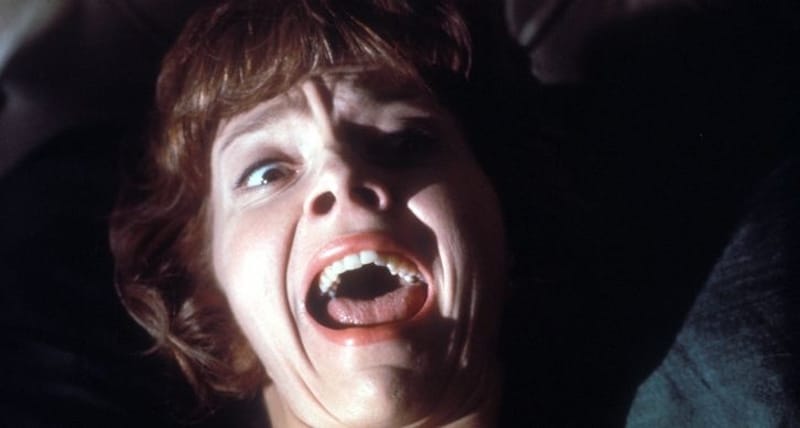
If I had a nickel ...
Yeah, it was horrible. All of the women were just kind of sitting there, unsure of what was happening. One guy came up afterwards and apologized for how we were treated. This type of culture makes you want to defend yourself and your opinions. For example, there's a slasher I love called "Prom Night" (Lynch, 1980). I know a lot of people watch it casually and don't think there's a lot going on, but it's a really fascinating movie about grief and loss. I relate to it a lot. I got really into defending that movie to people who claim that it's garbage.
I think this attitude has helped me later on when I decided to start my blog and work on bigger projects like my book. I was ready to prepare arguments for that, which has helped enhance my writing. While I do receive some pushback, I've actually received a lot of support. The made for TV movie is kind of like the last frontier for cinephiles because so much of it is lost. People who love film appreciate my research because it gives them movies to search out that they've never seen. We've seen the tables turned on horror, where a lot of women have come forward to talk about their love for it in very eloquent ways. There's definitely still pushback from people, but I don't see it as much as I did 10 years ago.
Most of my favorite horror critics are women. I'm a big fan of the Spectacular Optical print and have found out about so many excellent writers because of it. The female point of view is important and deserves to be heard. As I get older, I definitely find myself gravitating more toward female creators because there's just a relatability to the experience that I can't get elsewhere.
I was going to mention that one of the women presenting at FGBFF is Andrea Subissati, the editor of Rue Morgue. She and Alexandra West kind of changed the face of horror podcasting when they started "Faculty of Horror." Afterwards, a bunch of podcasts started popping up with two women hosting them and kind of mimicking "Faculty of Horror." They're all different and they're all good, which is exciting.
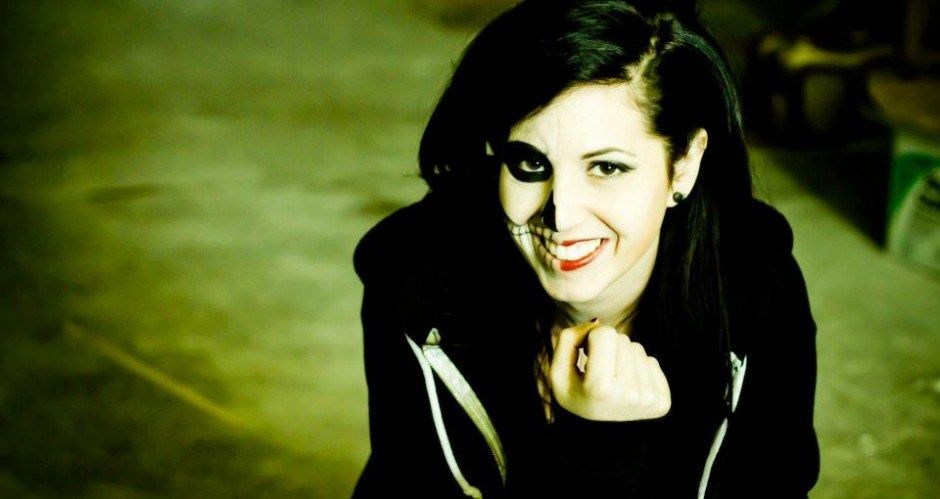
I also think it's cool that movies panned by [largely] male critics at the time are now having a resurgence and being seen as very valuable. I love to see opinions change with the infusion of new ideas. I did want to ask if you've seen the "Black Christmas" (2019) remake. I still haven't, but I know that there's been a ton of [again, largely male] pushback against [director] Sophia Takal. Do you have any opinion?
I unfortunately haven't seen it, but I've heard mostly good things about it from women and gay men. In a similar vein, I thought the "Halloween" (Green, 2018) remake was really interesting because it got a lot of criticism from white men. There's this subplot with the Dr. Loomis character that really failed on a lot of levels for people, which I appreciate and respect. But there were a lot of comments from men along the lines of, "You know, you don't have to make men look like idiots to build women up," referring to some of the characters. The father of the young girls is kind of this goofy character, along with the two cops. I don't necessarily think the cops are stupid, but they're definitely silly in the movie. They're comedy.
I was like, wow, that's me watching movies for 48 years. I've had to watch the woman through the foil or the object or whatever to build up the male protagonists my entire life. You see this is one movie and it's totally broken you as a person. Imagine what that's like as a woman.
All it takes is one film and the male critics are up in arms over it.
It was fascinating for me. Obviously not all men are like that. When I say "white men," I mean the patriarchal power. The cultural norms are ingrained in these men, and they're not used to seeing their power lessened. But we're at the stage in the world where it's happening... new voices are coming forward.
Looking at the past 5-10 years, are there any female-centric horror films that you've really enjoyed or that did something interesting with genre or point of view?
It's hard for me to think about the last 10 years because I don't see a lot of new stuff. I'm almost embarrassed to say it, but I do so much work on old films that I'm constantly revisiting them. If I could go off a little off topic I would like to say that I think Jordan Peele is creating a lot of amazing work about African-Americans in horror, with "Get Out" (2017) and "Us" (2019). He's really managed to make movies that you can watch with a little cup of popcorn in front of you ... but they're also really thoughtful and they're saying really, really important things to a black audience that white audiences might not have tuned into.
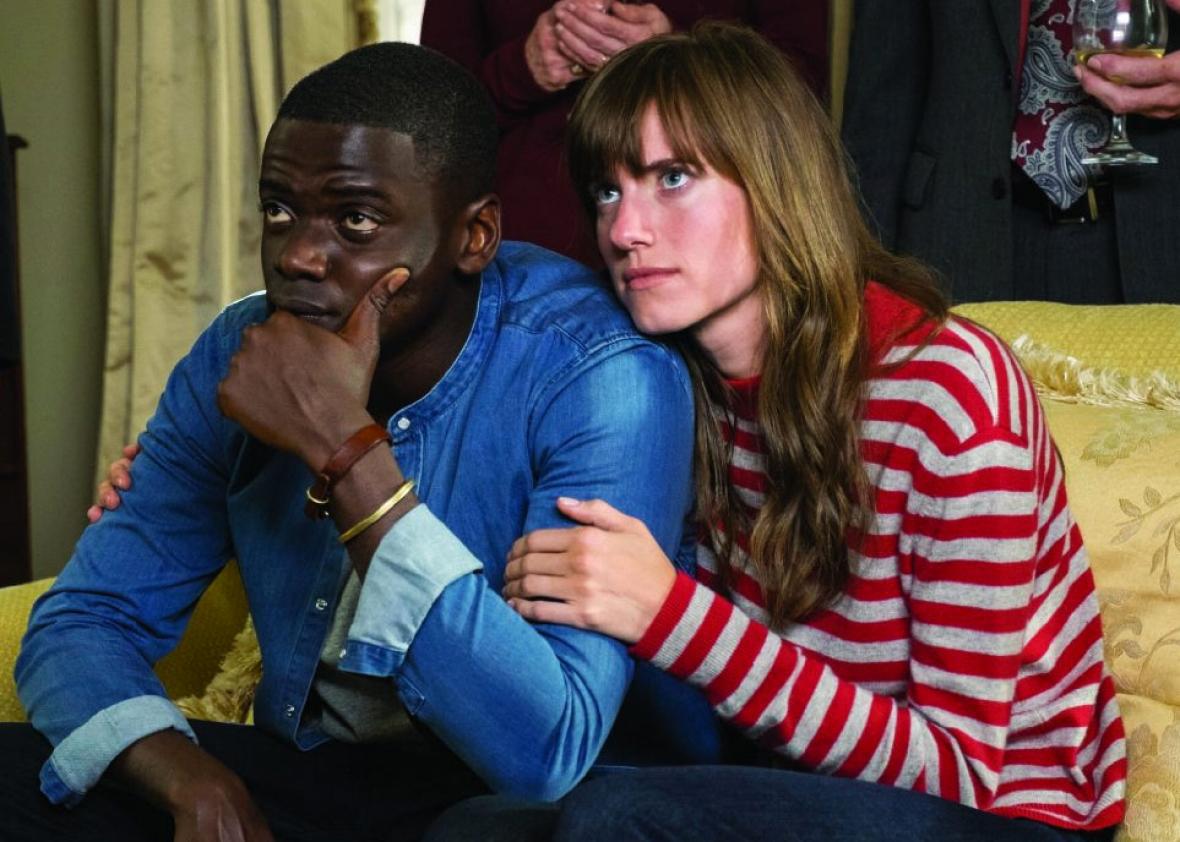
I've heard that [Ari Aster's] "Midsommar" (2019) and "Hereditary" (2018) both deal with grief and loss. My parents died three months apart in 2005, which created a lot of problems in my life. I skip a lot of these movies because I'm worried about it becoming a trigger for me. I really want to see "Midsommar," But I'm kind of terrified to watch it because I've been hearing all of these things about how it deals with trauma and grief. Unfortunately, I can't really speak to a lot of these movies because there's so much I haven't seen.
I did see "Hush" (Flanagan, 2016), which is about a deaf girl who is a Stephen King-esque writer and living in a cabin by herself. This guy shows up and basically stalks her after murdering her neighbors. It's interesting because it deals with a savvy protagonist and disability.
What are your resources for finding really obscure TV movies? Is a lot of stuff online? Do you have to seek it out through bootleg rentals?
It's sort of a combination of both. I don't like to promote sites, but I think everybody knows YouTube has a lot of TV movies. Amazon Prime has been loading up a lot of films, too. Their TV Movie selection is actually really great and most of it's legit. I did catch one movie on Amazon (I won't say what it is) that is clearly just a dub off somebody's TV unit, which is upsetting.
There are different bootleg places where I order online and there are bootleg websites where you can download things. I've had to resort to a lot of non-legitimate ways to get these movies. Back in the day when I first started getting into TV movies, I got them off eBay, but they've since stopped selling them. Luckily, there is a lot of stuff coming out on DVD and Blu-Ray now. Kino Lorber, Warner Archive, and Shout! Factory have really done their best to grab some of these titles and clean them up, which you're not going to find on YouTube, and put them out with extras. I try to pick up every copy of everything that comes out.
How many of these made for TV movies have just been lost in the ether? If you had to ballpark it.
I'd say probably half of them. I think a lot of TV movies might exist in vaults, and people just don't know about them. They're lost, but they could be found. There's this thing they used to air late at night past primetime hours, like at 11:30, called the ABC "Wide World Mystery." They aired things that were acquired from other places. They used to air Brian Clemens' "Thriller," which is a U.K. series. They were like feature length sort of anthology episodes that were run like TV movies, but they also produced their own TV movies. Apparently somebody did a lot of research on the Wide World Mystery and created a Letterboxd account. It has every single title he knows of that was produced specifically for that segment. I think like 95% of those are gone for some reason. They were shot on video and I don't even know if they were kept after they aired.
There's one that I'm dying to find called "Sorority Kill" (1974) which was made by a woman. It was directed by Gloria Monty, who would go on to produce "General Hospital" during the Luke and Laura years. It stars Anthony Geary, who went on to play Luke, and that's where he met Monty. I think it's just about people holding sorority sisters hostage in a house. It's got Nicholas Hammond from "The Amazing Spider-Man" and Joanna Cameron from "Isis." Every so often, if you Google it, something will appear about it, but finding it is almost impossible. Somebody did tell me that the Library of Congress actually has a copy of it. It's just a matter of me going there and getting it. It's been a two-decade search at this point.
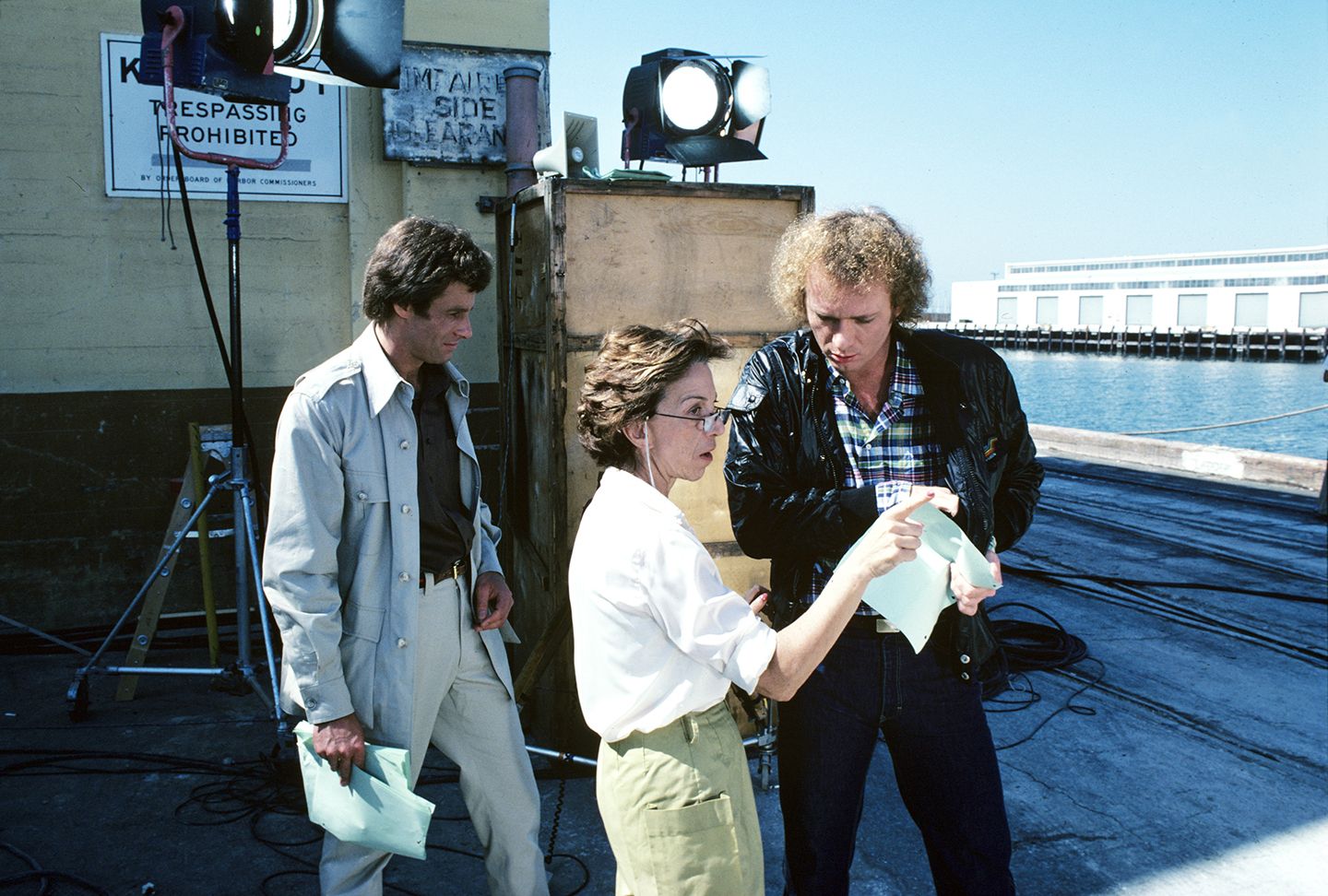
I grew up in the '90s, so I spent most of my life with the Internet. It drives me bananas when I can't find something online because I just assume that everything is there.
[Laughs] And there are so many movies like that! There's an interesting movie called "The Smugglers" (Lloyd, 1968) that premiered right around the first moon landing. It stars Shirley Booth, the woman who played Hazel on the TV series "Hazel." Carol Ridley is also in it. It was preempted because of the landing on the moon, so only half of it aired. It was the only TV movie that Shirley Booth ever made, and they never re-aired it. For years, everybody just thought this was a lost film. Luckily for me, PBS aired it in a rerun in the '90s and somebody taped the full film. I hold out hope that a lot of these movies will resurface at some point.
I think they will. It makes me too sad to think they're lost and gone forever.

